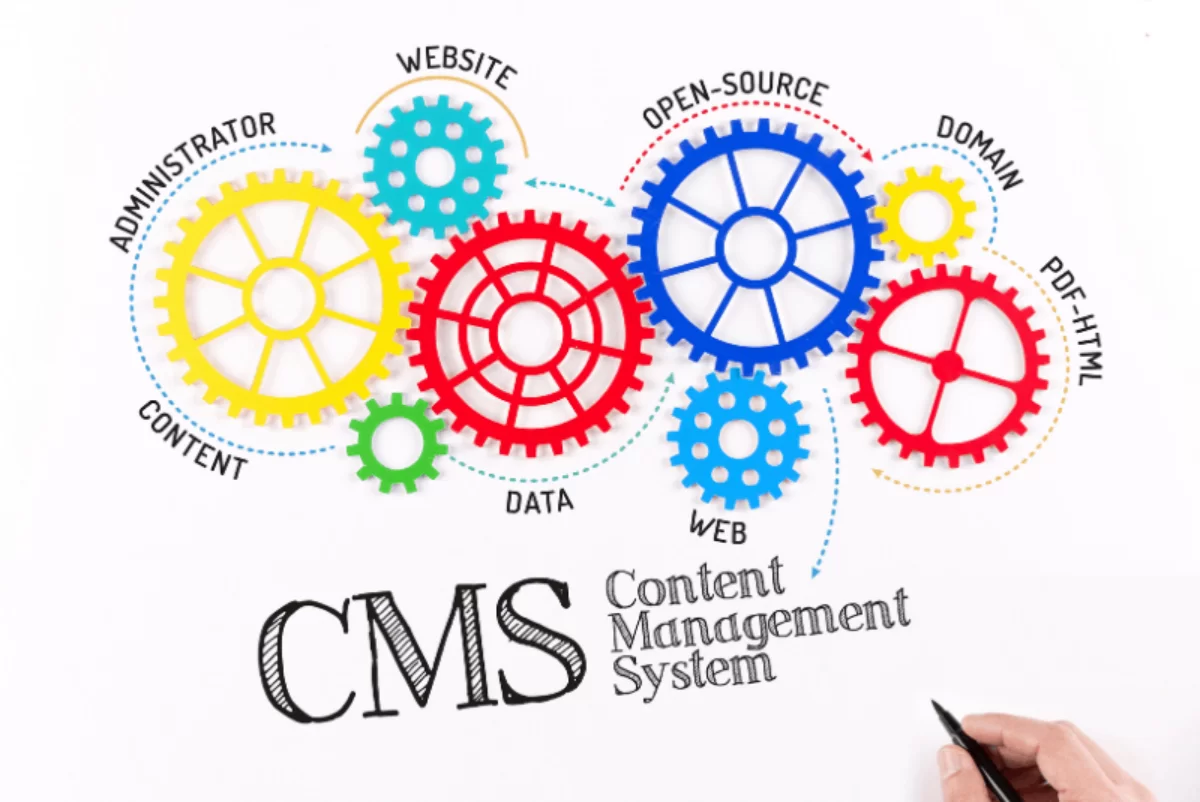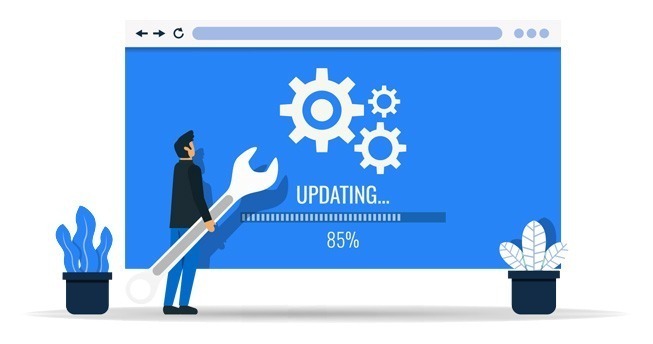In today’s digital age, CMS Web Development has become an essential aspect of creating and managing websites. A Content Management System (CMS) offers a user-friendly platform that allows individuals and businesses to build, edit, and manage their online presence with ease. This blog explores the myriad benefits of using CMS for web development, highlighting why it’s a preferred choice for developers and site owners alike. We will delve into various advantages, including ease of use, flexibility, scalability, and enhanced collaboration, ensuring you understand the value a CMS can bring to your web development projects.
Ease of Use and Accessibility
One of the primary benefits of CMS Web Development is its user-friendly interface. Unlike traditional web development methods that require extensive coding knowledge, CMS platforms offer intuitive interfaces that can be easily navigated by users with little to no technical expertise. This accessibility empowers businesses to manage their websites internally without constantly relying on external developers.
For instance, popular CMS platforms like WordPress, Joomla, and Drupal provide drag-and-drop functionalities, allowing users to effortlessly create and update content. This ease of use not only saves time but also reduces the costs associated with maintaining a website. The learning curve is minimal, enabling users to focus on content creation and strategy rather than technical details.
Flexibility and Customization
Another significant advantage of CMS Web Development is the flexibility and customization it offers. With a wide array of themes, templates, and plugins available, CMS platforms allow developers and site owners to tailor their websites to meet specific needs and preferences. Whether you need a simple blog, an e-commerce site, or a complex enterprise-level website, a CMS can accommodate various requirements.
Moreover, many CMS platforms support custom development, enabling developers to extend the functionality of their websites through custom plugins and modules. This flexibility ensures that your website can grow and evolve alongside your business, adapting to new trends and technologies without needing a complete overhaul.
Scalability and Growth
Scalability is a crucial factor in web development, particularly for businesses expecting growth. CMS Web Development services provide scalable solutions that can handle increasing traffic and content without compromising performance. As your business expands, your website can easily scale to accommodate more visitors, products, and services.
For example, CMS platforms like WordPress and Drupal are known for their robust scalability features. They offer various caching mechanisms, content delivery networks (CDNs), and database optimization techniques that ensure your website remains fast and responsive, even as traffic surges. This scalability ensures that your website can support your business’s growth trajectory, providing a seamless user experience at all times.
Enhanced Collaboration and Workflow Management
Effective collaboration is essential for any web development project, and CMS Web Development facilitates this by providing a collaborative environment where multiple users can work on the same project simultaneously. CMS platforms offer role-based access control, allowing different team members to have specific permissions based on their roles and responsibilities.

For instance, content creators can focus on writing and publishing articles, while developers can handle technical tasks such as theme customization and plugin development. This division of labor streamlines the workflow, ensuring that everyone can contribute efficiently without stepping on each other’s toes. Additionally, version control features allow teams to track changes, revert to previous versions, and maintain a clear record of all modifications.
Cost-Effectiveness and Resource Efficiency
Using a CMS for web development is cost-effective, making it an attractive option for businesses of all sizes. Traditional web development often involves significant upfront costs and ongoing expenses for maintenance and updates. In contrast, CMS platforms typically offer lower initial costs and free or affordable themes and plugins, reducing the overall investment required.
Furthermore, CMS Web Development services can help businesses save on labor costs. With a CMS, non-technical staff can manage content updates and basic site maintenance, freeing up developers to focus on more complex tasks. This efficient use of resources translates to cost savings and better allocation of talent within your organization.
SEO and Digital Marketing Integration
Search engine optimization (SEO) and digital marketing are critical components of a successful online presence. CMS platforms are designed with SEO best practices in mind, offering built-in tools and features that make optimizing your website easier. For example, WordPress plugins like Yoast SEO and All in One SEO Pack provide comprehensive solutions for optimizing on-page elements, generating sitemaps, and improving site performance.
Moreover, CMS platforms facilitate seamless integration with various digital marketing tools and services. Whether you need to implement email marketing campaigns, social media sharing, or analytics tracking, a CMS can easily connect with third-party services to enhance your marketing efforts. This integration ensures that your website not only ranks well in search engines but also drives engagement and conversions.
Security and Updates
Website security is a top priority for any business, and CMS Web Development addresses this concern by providing regular updates and security patches. CMS platforms are continually monitored and updated by dedicated communities and development teams, ensuring that any vulnerabilities are promptly addressed.

For instance, platforms like WordPress, Joomla, and Drupal have extensive security measures in place, including regular software updates, security plugins, and community support. Additionally, CMS platforms often offer automatic updates, reducing the risk of security breaches and ensuring that your website remains secure against emerging threats.
Community Support and Resources
Another benefit of CMS Web Development is the extensive community support and resources available. Popular CMS platforms have large, active communities of developers, designers, and users who contribute to forums, create tutorials, and develop plugins and themes. This wealth of knowledge and resources makes it easier to find solutions to common problems, learn new skills, and stay updated with the latest trends and best practices.
For example, the WordPress community offers a vast array of online resources, including official documentation, user forums, and countless blogs and video tutorials. This support network ensures that you have access to the help and information you need to make the most of your CMS.
Conclusion: The Future of CMS Web Development
CMS Web Development offers numerous benefits that make it an ideal choice for building and managing websites. From ease of use and flexibility to scalability, collaboration, and cost-effectiveness, CMS platforms provide a robust foundation for creating and maintaining a successful online presence. By leveraging the advantages of a CMS, businesses can streamline their web development processes, enhance their digital marketing efforts, and ensure their websites remain secure and up-to-date. Whether you’re a small business owner, a large enterprise, or an individual looking to create a personal blog, CMS Web Development services offer the tools and resources needed to achieve your goals and thrive in the digital landscape.
